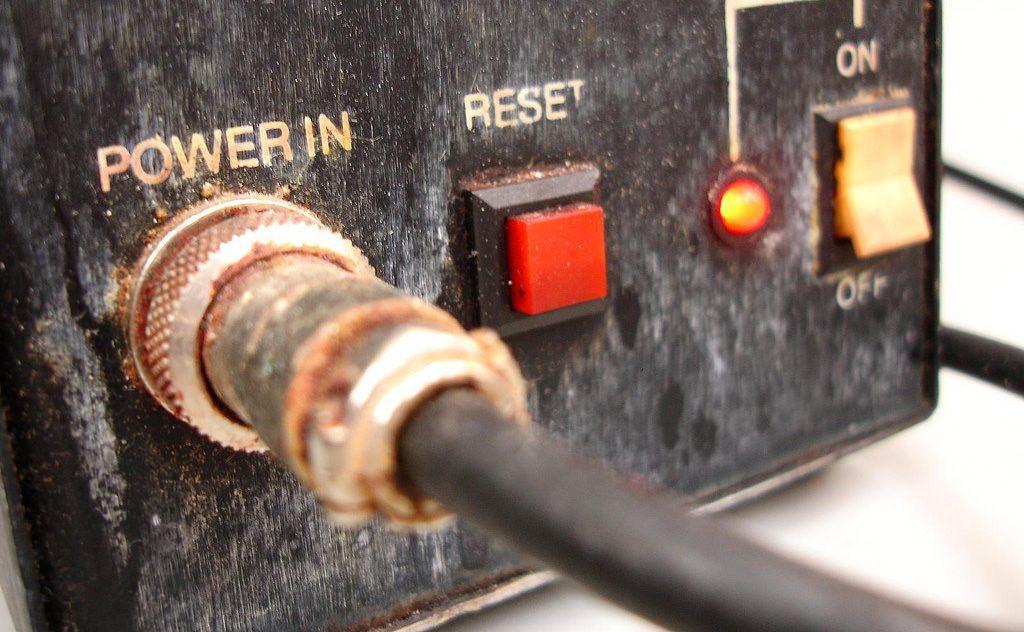Your application is serving requests constantly for your users. You and your team want to ship features and fixes as soon as they are ready, so you do continuous delivery. But what happens to your users who used your product at the time of the deployment? Chances are, the requests they have in progress are going to fail. This post helps you fix that.
Graceful shutdown for Node.js
When you deploy a new version of your application, the old must be replaced. The process manager you are using (no matter if it is Heroku, Kubernetes, supervisor or anything else) will first send a SIGTERM signal to the application to let it know, that it will be killed. Once it gets this signal, it should stop accepting new requests, finish all the ongoing requests, and clean up the resources it used. Resources may include database connections or file locks.
For your Node.js process you may add something like this:
process.on('SIGTERM', () => {
logger.info('shutdown started')
server.stop()
.then(closeMysqlConnection())
.then(() => {
logger.info('process is stopping')
})
})
Health checks for Node.js applications
Health checks of your applications are called by the load balancer of your application to let it know if the application instance is healthy, and can server traffic. If you are using Kubernetes, Kubernetes has two distinct health checks:
- liveness is used by the kubelet to know when to restart a container,
- readiness is used by the kubelet to know when a container is ready to start accepting traffic - when a pod is not ready, it is removed from the Service load balancers.
On how to set up health checks for Kubernetes, check out the official Configure Liveness and Readiness Probes docs.
Enter terminus
terminus is an open-source project, which adds health checks and graceful shutdown to your applications - to save you from the boilerplate code you would add otherwise. You only have to provide the cleanup logic for graceful shutdowns, and the health check logic for health checks, all the rest is handled by terminus.
Let’s take a look at an example:
const http = require('http')
const terminus = require('@godaddy/terminus')
const server = http.createServer((request, response) => {
response.end('<html><body><h1>Hello, World!</h1></body></html>')
})
const PORT = process.env.PORT || 3000
function onSigterm () {
console.log('server is starting cleanup')
return Promise.all([
// your clean logic, like closing database connections
])
}
terminus(server, {
// healtcheck options
healthChecks: {
'/_health/liveness': livenessCheck,
'/_health/readiness': readinessCheck
},
// cleanup options
timeout: 1000,
onSigterm,
logger
})
server.listen(PORT)
The example above decorates your HTTP server with two endpoints, /_health/liveness and /_health/readiness (sure, you can use other paths here). They both are given a function returning a Promise - if the Promise resolves, it will return with a 200, if it rejects, it will return with a 500.
The onSigterm function will be called, once all the ongoing requests are served. You can also provide the timeout option - once the timeout elapses, the server will be terminated, no matter if there are still ongoing requests.
I hope with the help of terminus you’ll build more reliable services. If you miss anything / would like to contribute, please visit the project’s Github page: https://github.com/godaddy/terminus.






